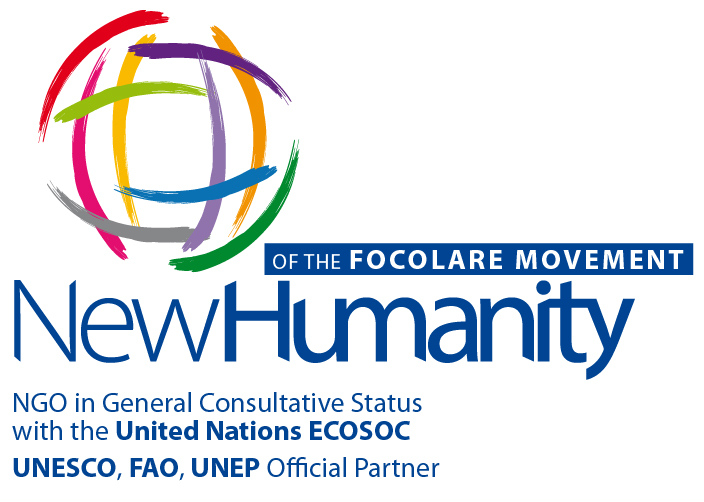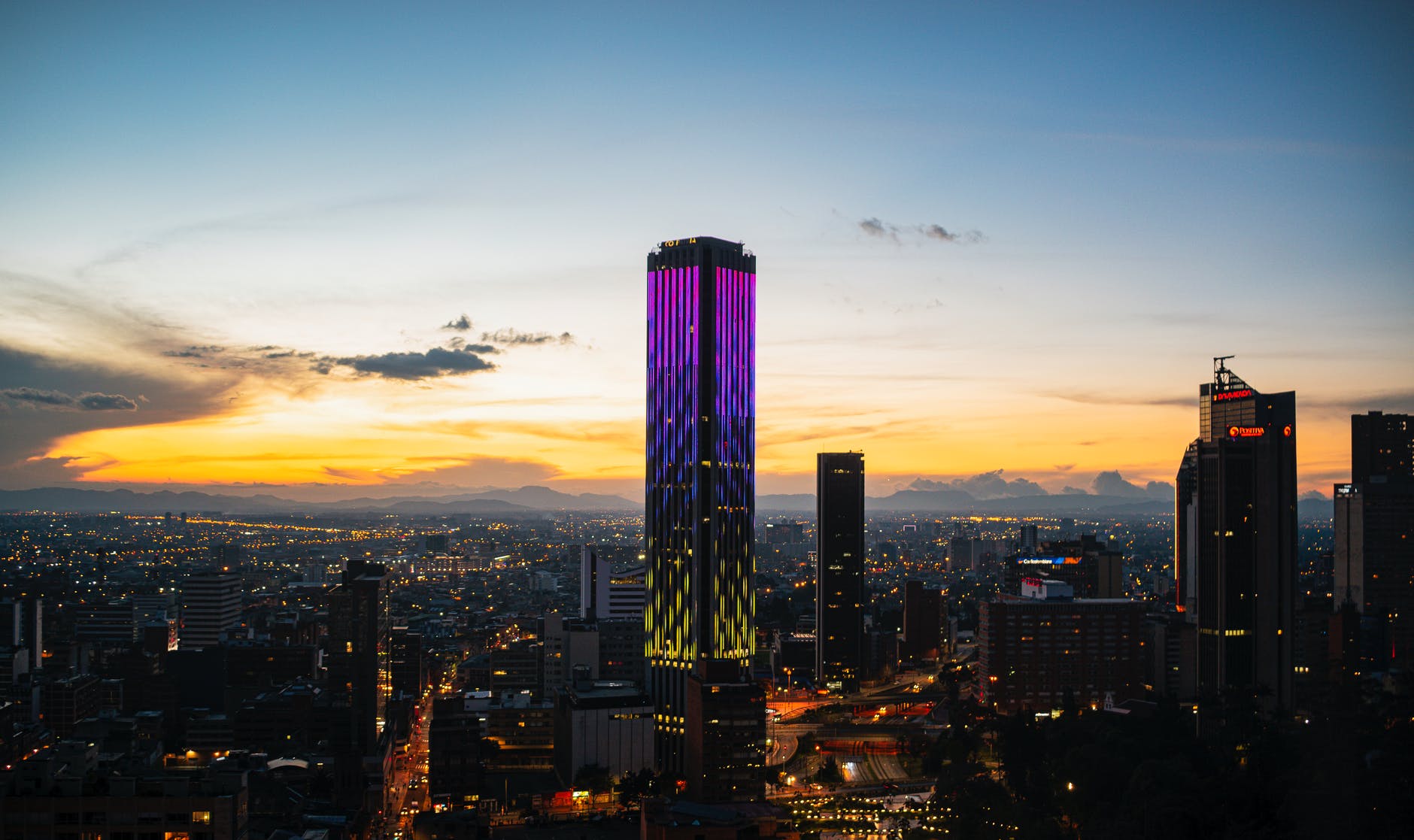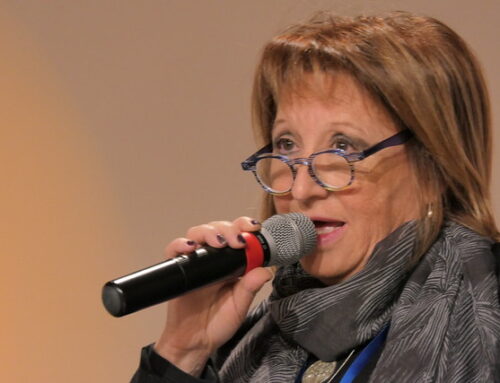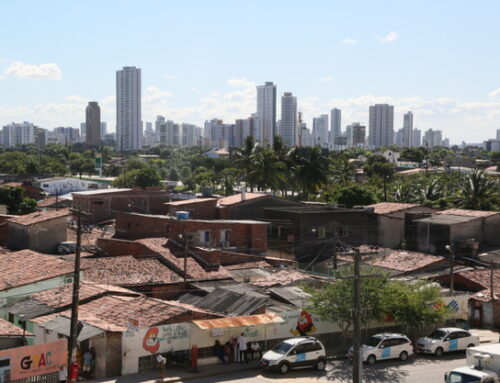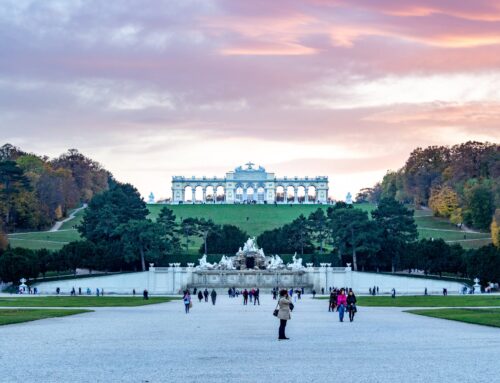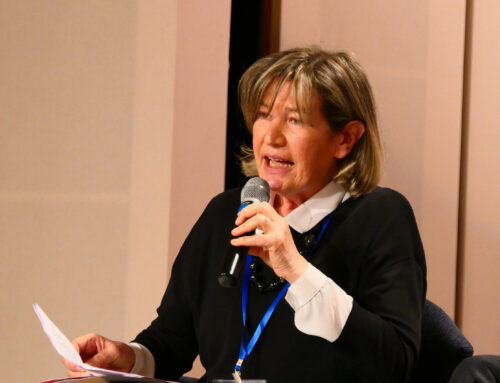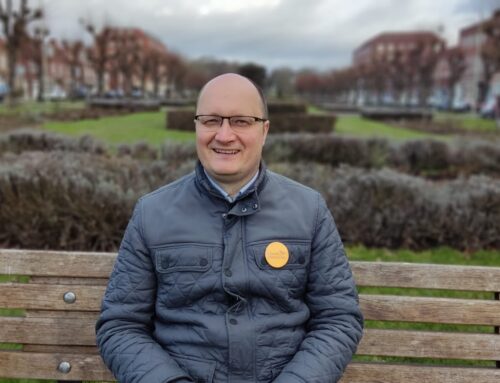Javier Baquero Maldonado, Bogotá, Colombia
I have always been passionate about the exercise of politics, the possibility to look for solutions to problems together, even the most complex and laden with conflict. I am 33 years old, and in the last few months I have been going through a political experience that is difficult to recount. In January 2020 the Green Party began governing Colombia’s capital city, and for the first time its mayor is a woman.
Co-opted by the new government, I started working as a strategic advisor for the housing sector and at the end of 2020 I was appointed undersecretary for planning and public policy. We found ourselves immersed in the drama of the pandemic, and governing Bogota became even more complex: out of a population of 8 million, 2.3 million live below the poverty line and 350,000 live in extreme poverty. Since Covid-19 had imposed closures and isolation, the situation became volatile because these families quickly exhausted the little they had.
We were faced with the dilemma of whether to maintain the closures and safeguard people’s health, or to protect jobs and the possibility of a minimum income, an issue of continuous debate until, with a general political agreement, the government in Bogota chose to prioritize people’s health. I must say that, particularly in the first few months, all the decision-making centers, all the offices worked relentlessly, with impossible hours, often going beyond what was strictly up to them.
With the first emergency plan, “Bogotá Solidaria en Casa,” [“Bogota at Home in Solidarity”] key investments to reduce the impacts of closures on families were decided. One of the first challenges was to identify the poorest people in the neighborhoods, such as those who did not even have certification of personal identity and consequently risked invisibility. So that people could stay in their homes without going hungry, we provided a basic income to more than 550,000 vulnerable families–and then distributed 1 million food baskets–, 30,000 subsidies for rent-payment, discounts in public services, universal forms of health care, sheltered housing for women who are victims of violence, financing for the cremation of those lost to Covid-19… An effort that was made possible by the coordinated work of about 5,000 government personnel and 30 public agencies.
But the sustainability of our governance model could not depend merely on the capacity of the public establishment. Day by day, I realized how crucial it is to grow a real culture of relationships between the different political actors, to emphasize the co-responsibility that binds us together, from the political decision makers and civil servants responsible for the implementation of the measures, to their essential stakeholders: the recipients. The role of government is also to generate trust, dialogue, and respect for each of the actors, so that everyone is part of the solution. In this, as in many other situations, it was necessary to aim for collective, collaborative and polycentric governance. And when we asked citizens to stay in their homes and business owners to close their companies, the response was impressive: many continued to pay their employees, to secure donations for social programs, and even the research in the universities was shifted towards the emergency, while social and religious organizations focused even more on supporting the poor.
Personally, I felt that I could not stagnate from a feeling of inability that often emerged in the face of problems that appeared insurmountable; rather, the way forward to find solutions was precisely to get closer to those who were most in need, to be with them to take charge of what they were forced to experience every day. This was the strongest drive to continue to seek the common good–social cooperation.
A few months ago I had to represent the Administration by going to meet with some citizens who had begun a long strike for important reasons. When I went to talk to them, I was immediately identified as the enemy: it was a wound that affected me personally. Hours, days of suffering.
Another time it had been decided to intervene with force because 3,000 very poor people were pushing to build their houses without a permit on a hill in serious geological risk. The pressure was tremendous; the leaders of these communities refused to move elsewhere, but if the police had intervened with force, the confrontation would have been very violent and there were children, elderly, and sick people among the families of the occupants. With the head of my sector, we were appointed mediators and spent five days sitting around a table with these people, from 5 a.m. until midnight. At different times my manager wanted to abandon the dialogue because it seemed impossible to continue, but I managed to support her to the end, and we came to an agreement. The Administration pledged to ensure proper procedures and to offer assistance to these 3,000 people after their relocation. We couldn’t solve everything, but the communities accepted the conditions we specified, and realized what had been done to meet their needs. It was more than shared grief, because these same people helped to handle the situation differently.
Other challenging fronts include the open construction sites of numerous works under construction or the effort to increase female employment in this sector, investments, and facilitated credit to support younger workers. There are many companies in great difficulty, and there is much to be done in little time. The task of politics is to deal with these situations by integrating different perspectives of reality and different skills, to network and potentially to arrive at solutions for everyone. I am convinced that each of us has an important function to carry out. Of course, a constructive individual attitude is not enough to change such a complex reality, but it is an essential point of departure to nurture sharing, dialogue and the search for unity. I am thinking of an operation that, precisely at this time, is greatly needed: “to disinfect” society. It is about disinfecting our communities from individualism, recognizing that we are co-responsible in caring for one another. We all become political when we put ourselves aside in order to embrace the other’s pain.

